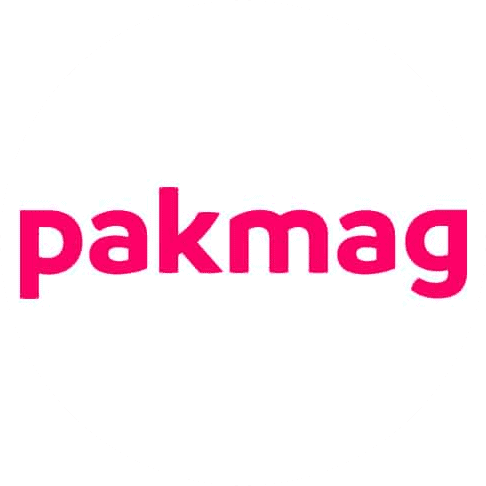The early years are without a doubt the most important when it comes to a child’s development, making it clear that deciding on your child’s early education is one of the most important choices you’ll make for them. It’s never too early to start thinking about childcare, kindy, and school options; in fact, being prepared will give you peace of mind that you’ll give your child the best start to life.
In the first years of life, your child will learn valuable skills that they will carry with them into adulthood and their career of choice. Being taught the skills they need in a friendly, stimulating and nurturing learning environment can make a world of difference. However, with so many options out there, making the decision can seem overwhelming.
Many childcare centres, kindergartens, and schools hold open days to allow parents and their kids to come along and get a feel for the place, look around, and ask questions. Many offer tours on request too. Seeing the centre or school in action can give you a great indication of whether or not you believe the location is right for your child.
Childcare or Family Day Care?
When it comes to sending your little ones to care, it’s important to choose the right option for you and your child. Australia has some of the best childcare providers in the world. Approved childcare services are required to meet strict quality standards and, to be eligible for the Child Care Benefit (CCB) and the Child Care Rebate (CCR), families must be using a government approved service.
If you are still considering which path to follow for your family’s childcare needs, here’s a quick overview of the two most popular childcare options.
Childcare Centres are usually open for at least 10 – 12 hours per day on weekdays, and operate for at least 48 weeks of the year. Many cater for children from six weeks of age to five years of age. Families can choose to have their child attend one day a week for socialisation (or parent sanity) or for up to five days for parents who have returned to part-time or full-time work.
Pros – Many supply meals and nappies. Your child will also be grouped with children of similar age. Some also offer kindergarten programs which are run by qualified early childhood teachers in the two years before school. Childcare centres that have the Kindergarten program offer this during their daycare day. This means that your child is able to be in care for the long hours that the centre is open and still receive this important education. Enrolling in a Childcare Centre that also has a kindergarten program makes transitioning to kindy easier, as it will feel more natural, in an environment they are familiar with.
Cons – Larger amounts of children in one place, so sometimes your little one will be exposed to more illnesses.
Family Day Care provides home-based care for children via a network for educators usually in the educator’s home from six weeks to five years of age. Many parents love the nurturing, natural and flexible home learning environment provided by Family Day Care – a home away from home for their child to be cared for.
Pros – Family day care educators offer individualised learning programs. They can offer care during standard hours, evenings, before / after school, during school holidays and in some cases overnight and weekends – which is super handy for nightshift workers. Family Daycare can also provide care for children up to 12 years of age, making it possible for older siblings to be cared for in school holidays for example.
Cons – It may be less reliable than centre-based care – if your educator is sick or going on holidays, you might have to find other care.
Kindergartens are for children who are at least four years of age by June 30 in the year they participate. A Kindergarten program is put in place to help prepare kids for school in the year prior to enrolment into Prep. These programs usually run for six hours per day and five days per fortnight during school terms (two days one week, three days the next). Unless your child is in a long daycare centre, the hours will be up to five days per week for the number of hours you are leaving your child at the centre for.
While many Kindergartens are government-run and offer lower fees, a few are run by or affiliated with private or Catholic schools. Many of these organise excursions to the affiliated school where the children can get a feel for “big school” and explore prep classrooms. This makes the eventual transition into prep easier.
Child Care Benefit (CCB) and the Child Care Rebate (CCR) applies to eligible families for kindergarten.
Prep is the foundation for your child’s education. Prep is the first year of school and is compulsory for children in Queensland to undertake Prep prior to Year 1. Prep is for children who turn five years of age by June 30 in the year they enrol.
For more information on early childhood services, rebates, financial assistance, learning support, Kindergarten and Prep – including information on preparing your child for Prep and how to enrol – head to the Queensland Government’s website www.qld.gov.au/education/earlychildhood.





